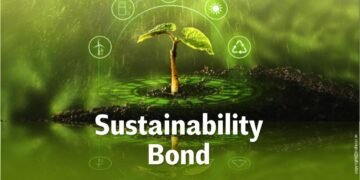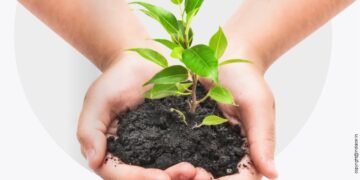Trends and technologies that were already happening will speed up. So more remote working and video conferencing will increase the need for better connectivity.
In 2019, Nokia electricity consumption across the facilities decreased by 4% as compared to 2018 and 31% of our total purchased electricity was from renewable sources, its recent Sustainability Report revealed. Nokia delivered zero-emission products to over 150 customers globally. 46% less energy was used on average in the customer base-station sites Nokia modernized in 2019 compared to those where its customers did not modernize.
For 2020, its focus will be to further positively impact the environmental efficiency of transportation by identifying the biggest contributors and highlighting the issue, the report said.
These actions reduce its Scope 2 emissions and help in reaching the long-term climate target, the report said.
- In 2019, its global fleet greenhouse gas emissions decreased by 8% compared to 2018.
- Reuse of packaging materials also contributes to reductions in CO2 emissions from deliveries. It reduced the use of new packaging materials by 3 200 metric tons (4 200 in 2018) through the reuse of transportation packaging.
- It improved use of railway transportation, reduced material airfreight to factories through localization initiatives, and prevented defective material reaching Nokia by detecting the defects at the source via remote inspections.
At the United Nations 2019 climate summit, Nokia joined a group of 87 companies in committing to recalibrate its existing science-based climate targets in line with the 1.5°C warming scenario.
“As defined in our original Science Based Targets (SBT), we have committed to decrease our Scope 1 and 2 emissions that is emissions from our own operations by 41% by 2030, compared to the 2014 baseline.”, report added.
Nokia has published its annual sustainability report, covering the company’s sustainability performance in 2019 and focusing on four priority areas: improving people’s lives with technology, climate, conducting business with integrity, and people.
“Nokia’s People & Planet Report 2019 looks at how we can improve the lives of people – our employees, customers, and wider society – and better care for our environment at the same time. The context our report is being published in has changed because of the coronavirus pandemic, but the fundamental issues remain the same, and, if anything, now have greater urgency because of the challenge the world faces,” said Rajeev Suri, President and CEO of Nokia.
“Trends and technologies that were already happening will speed up. So more remote working and video conferencing will increase the need for better connectivity. The power of 5G and lower latency times won’t be abstract terms for the majority of people, but suddenly critical for everything from digital health to financial trading, to virtual classrooms, to government and international diplomacy,” he continued.
“We are playing our part to keep the world connected through the pandemic. And we want to play our part in building a better world for everyone when this crisis is over,” Suri said.
The People and Planet Report 2019 is prepared in accordance with the Global Reporting Initiative GRI Standards and is compliant with the UN Global Compact.
Keywords: Rusen Kumar, Sustainability in India, Sustainability Reports, Sustainability, Sustainability at Nokia, Nokia
Read more thought provoking articles and sustainability updates. Also Read: Sustainability helps achieve strategic business goals
(Rusen Kumar is the founder and managing editor of India CSR. He regularly writes on Sustainability and CSR.)
India CSR invites proposals from corporates to partner with India CSR to get featured sustainability updates on regular basic. Proposal can be sent at biz@indiacsr.in



























